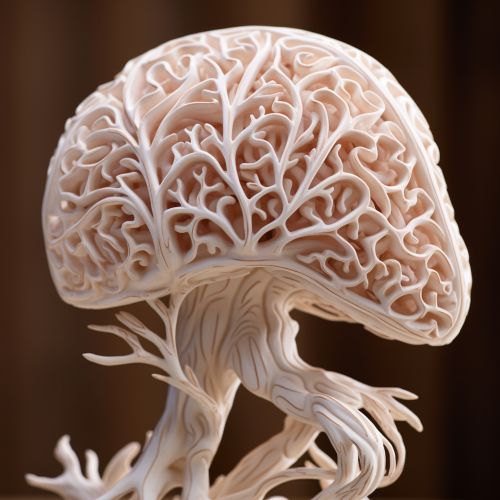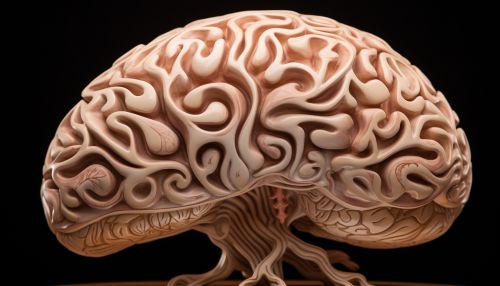The Science of Human Memory
Introduction
Human memory, a complex and multifaceted construct, plays a crucial role in every aspect of human life. It is the mental faculty of the brain that encodes, stores, and retrieves information, allowing individuals to learn and adapt from past experiences. Human memory is a dynamic process that's continually updated and modified. It is categorized into three main types: sensory memory, short-term memory, and long-term memory, each with its unique characteristics and functions.


Types of Memory
Sensory Memory
Sensory memory is the earliest stage of memory. It is the ability to retain impressions of sensory information after the original stimuli have ended. It acts as a buffer for stimuli received through the five senses of sight, hearing, smell, taste, and touch, which are retained accurately, but for a brief period. An example of sensory memory is the ability to look at an object and remember what it looked like moments after.
Short-term Memory
Short-term memory, also known as working memory, is the information we are currently aware of or thinking about. The information found in short-term memory comes from paying attention to sensory memories. Short-term memory is characterized by a limited capacity and brief duration. George Miller, in his research on the capacity of memory, found that most people can retain about seven items in their short-term memory.


Long-term Memory
Long-term memory refers to the storage of information over an extended period. If you can remember something that happened more than just a few moments ago, whether it occurred just hours ago or decades earlier, then it is a long-term memory. Long-term memories can be either declarative (explicit) or procedural (implicit) and can be further subdivided into episodic (personal events), semantic (facts or knowledge), and procedural (skills and how-to knowledge).
Memory Encoding
Encoding is the crucial first step to creating a new memory. It allows the perceived item of interest to be converted into a construct that can be stored within the brain and later recalled. Three types of encoding exist: visual (the process of encoding images and visual sensory information), acoustic (the process of encoding sounds, words, and other auditory input for storage and later retrieval), and semantic (the process of encoding sensory input that has particular meaning or can be applied to a context).


Memory Storage
Memory storage is the process of maintaining information in memory over time. The Atkinson-Shiffrin model suggests that human memory involves a sequence of three stages: sensory memory, short-term memory, and long-term memory. However, this model is overly simplistic and does not account for the additional types of memory identified by other research, such as episodic and procedural memory.
Memory Retrieval
Memory retrieval, or recall, is the process of remembering information stored in long-term memory. Some theorists suggests that there are three retrieval processes: recall, recognition, and relearning. Recall is the ability to access the information without cues, recognition is the ability to identify previously encountered information, and relearning is the ability to learn information that you previously learned.


Memory Consolidation
Memory consolidation is a process that stabilizes a memory trace after its initial acquisition. Consolidation is distinguished into two specific processes, synaptic consolidation, which is fast, and system consolidation, which is slow. The former relates to memory changes that happen within the first few hours of learning, while the latter to changes that stretch over a much longer period of time.
Memory and Sleep
Research has indicated that sleep plays a crucial role in memory consolidation, with different stages of sleep contributing to different types of memory. Sleep aids in the consolidation of long-term declarative and procedural memories.
Memory Disorders
Memory disorders can range from mild to severe, but they all result from some kind of neurological damage to the structures of the brain, thus hindering the storage, retention and recollection of memories. Memory disorders can be progressive, like Alzheimer's or Huntington's disease, or they can be immediate as in the case of traumatic brain injury.


